Apple is one of the largest technology companies in the world. But that doesn't mean that he can afford whatever he likes, or that he won't adapt to the market itself. He often has to bend his back in order to be able to operate in the given country, to sell his products, and to make a decent profit from it.
Russia
Apple offers its software in its devices. It's logical? Of course, but many people don't like it, because many are lashing out by referring to the monopoly and discrimination of other developers. Russia has gone the furthest in this regard, and in order to support the developers there (or at least that's how it defends the whole case), it has ordered the inclusion of the offer of their titles.

Simply put - if you buy an electronic device in Russia, the manufacturer must recommend software from Russian developers approved by the Russian government. It's not just smartphones, but also tablets, computers, smart TVs, etc. And so Apple also includes this offer before you activate its device, even if it doesn't have to anywhere else in the world. So he also had to debug the startup wizard for that.
However, Russia has come up with one more thing. Require, for Apple and other American technology companies to open local offices by the end of this year. That is, if they at least want to continue operating in the country. Otherwise, the Russian government threatens to limit, and even ban, the operation of such companies that do not have their official representation in the country. Companies operating there must also agree to restrict access to information that violates Russian legislation. But Russia is a big market, and it is certainly worth submitting to Apple in order to function properly here.
It could be interest you
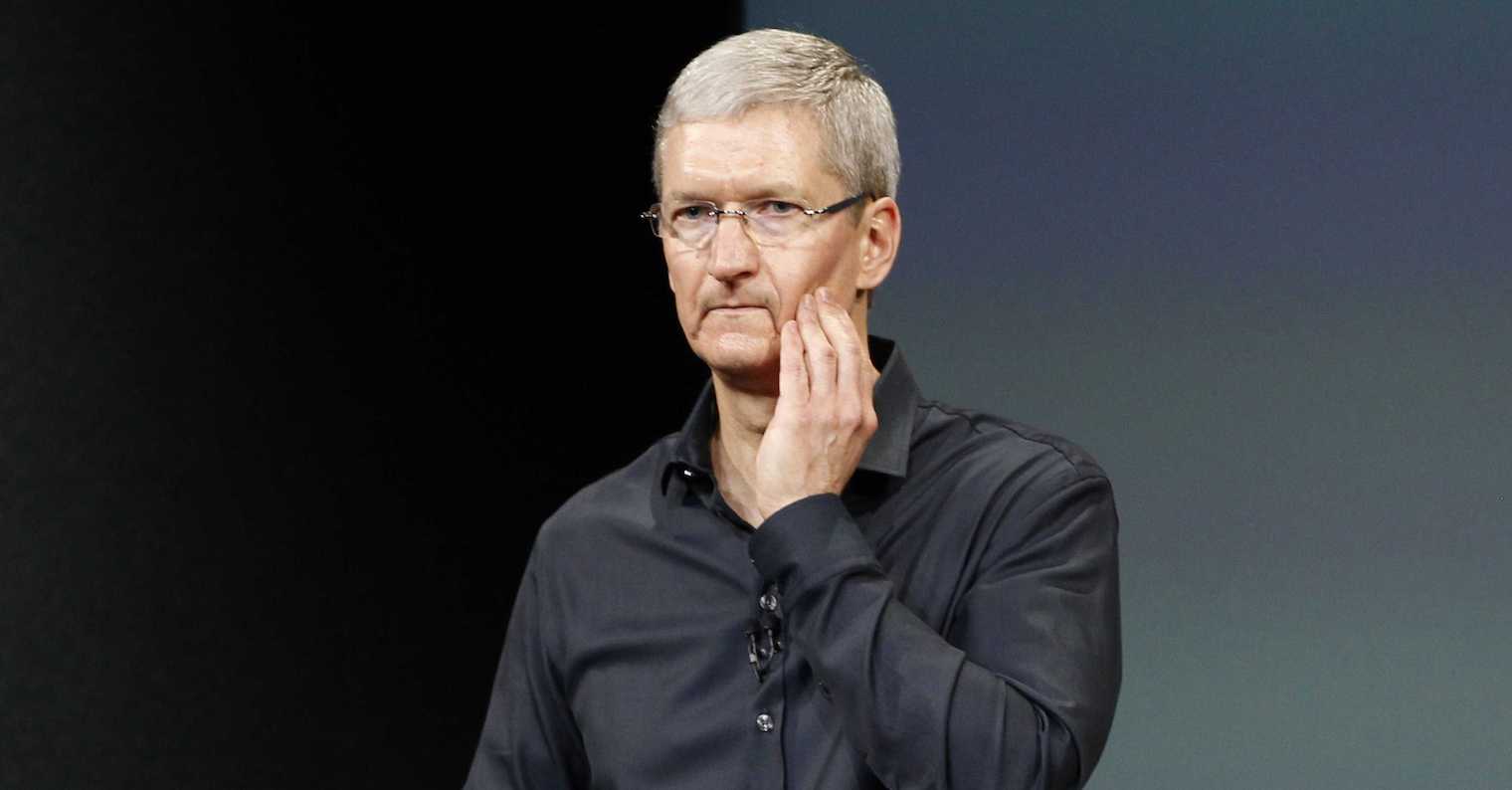
France
Since the iPhone 12, Apple no longer includes not only an adapter but also headphones in the packaging of its iPhones. But it was a thorn in the side of the French government, or rather the laws approved by it. France is afraid of the impact of specific absorbed power, known as SAR n, on human health. It is a physical quantity most often used to describe the absorption of power by living tissue exposed to an electromagnetic field. However, it is also possible to encounter it in connection with other types of absorbed power, such as ultrasound. And it is issued not only by the iPhone, but also by any other phone. The problem is that its impact on human health is still not completely well mapped.
In this regard, France wants to protect especially children under 14 years of age, who are supposed to be the most susceptible group. So he simply doesn't want teenagers holding their phones to their ears all the time and exposing their brains to this radiation. And that, of course, solves the use of headphones. But Apple does not include it by default. So in France, yes, he simply has to, otherwise he wouldn't be able to sell his iPhones here.
China
Concessions by Apple are not just a matter of the last few years, as already in 2017, under pressure from the Chinese government, the company had to remove from the App Store VPN applications without a government license that offered the possibility of bypassing government filters and thus gaining access to the uncensored Internet. At the same time, it was, for example, WhatsApp, i.e. one of the largest platforms. But China is an even bigger market than Russia, so Apple didn't have much of a choice. What about the company being accused of voluntarily censoring the free speech of Chinese users of its devices.
It could be interest you
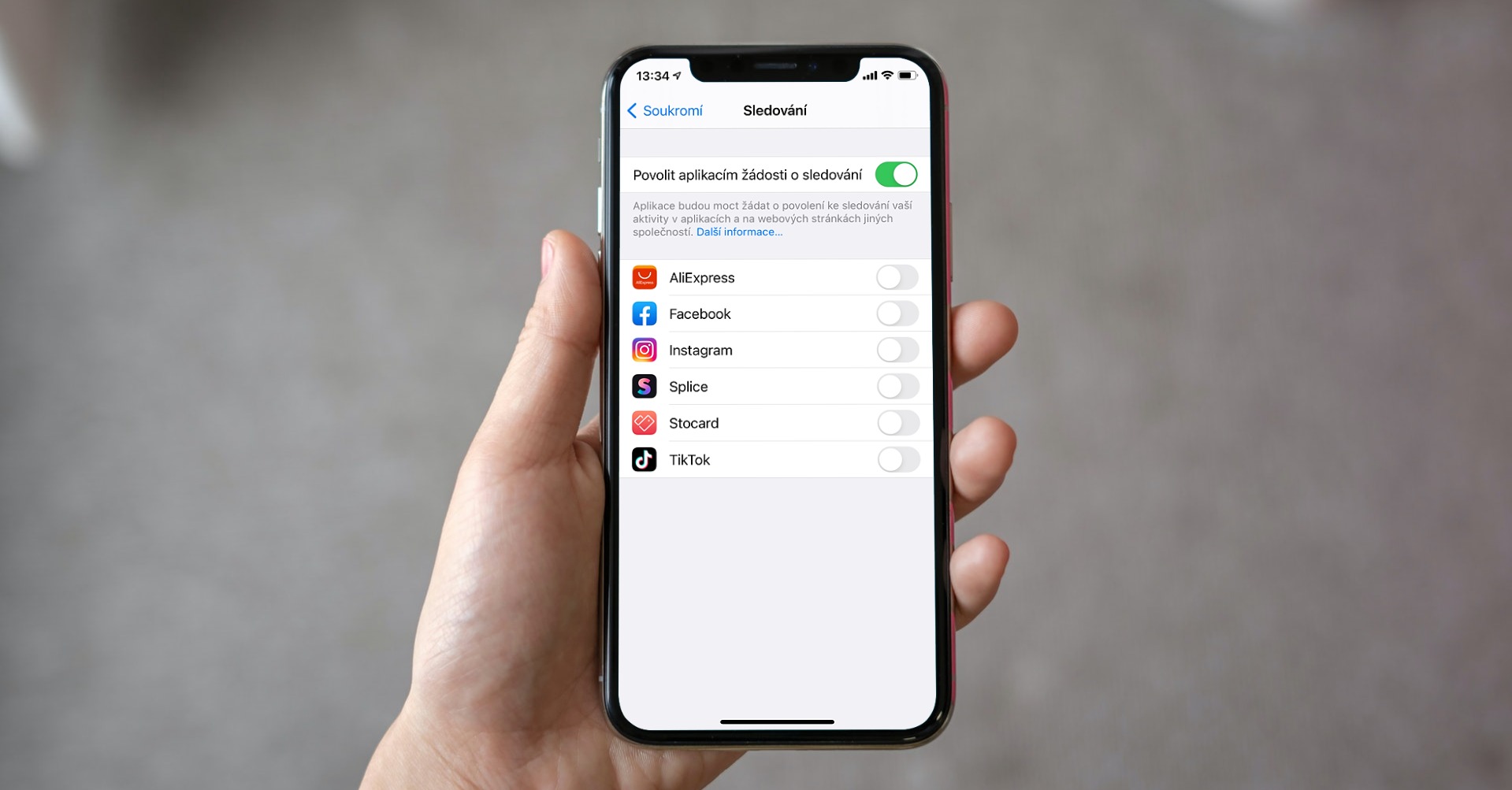
EU
Nothing is certain yet, but most likely Apple will have no choice but to comply even within the member states of the European Union (ie, of course, the Czech Republic as well). When the European Commission approves the law on uniform charging connectors, Apple will have to replace its Lightning with USB-C here, or come up with an alternative, i.e. theoretically a completely portless iPhone. If they don't comply, they won't be able to sell their iPhones here. This also applies to other companies, but they already offer USB-C in the overwhelming majority of cases, and only Apple has its own Lightning. But from the looks of it, that won't be the case for much longer. All for a greener world.
It could be interest you
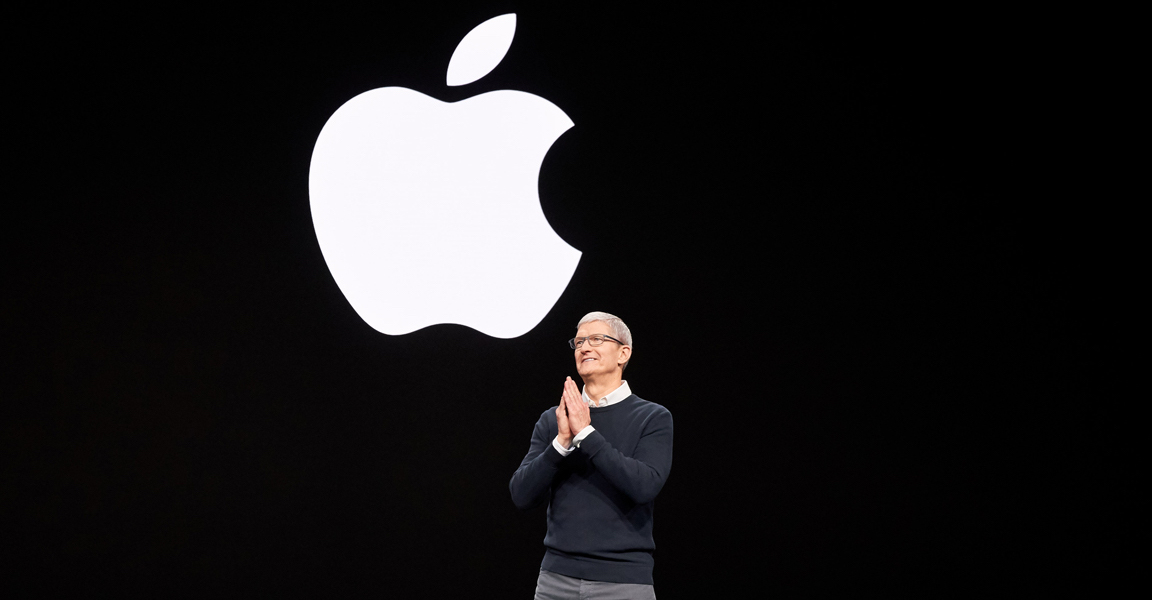
 Adam Kos
Adam Kos 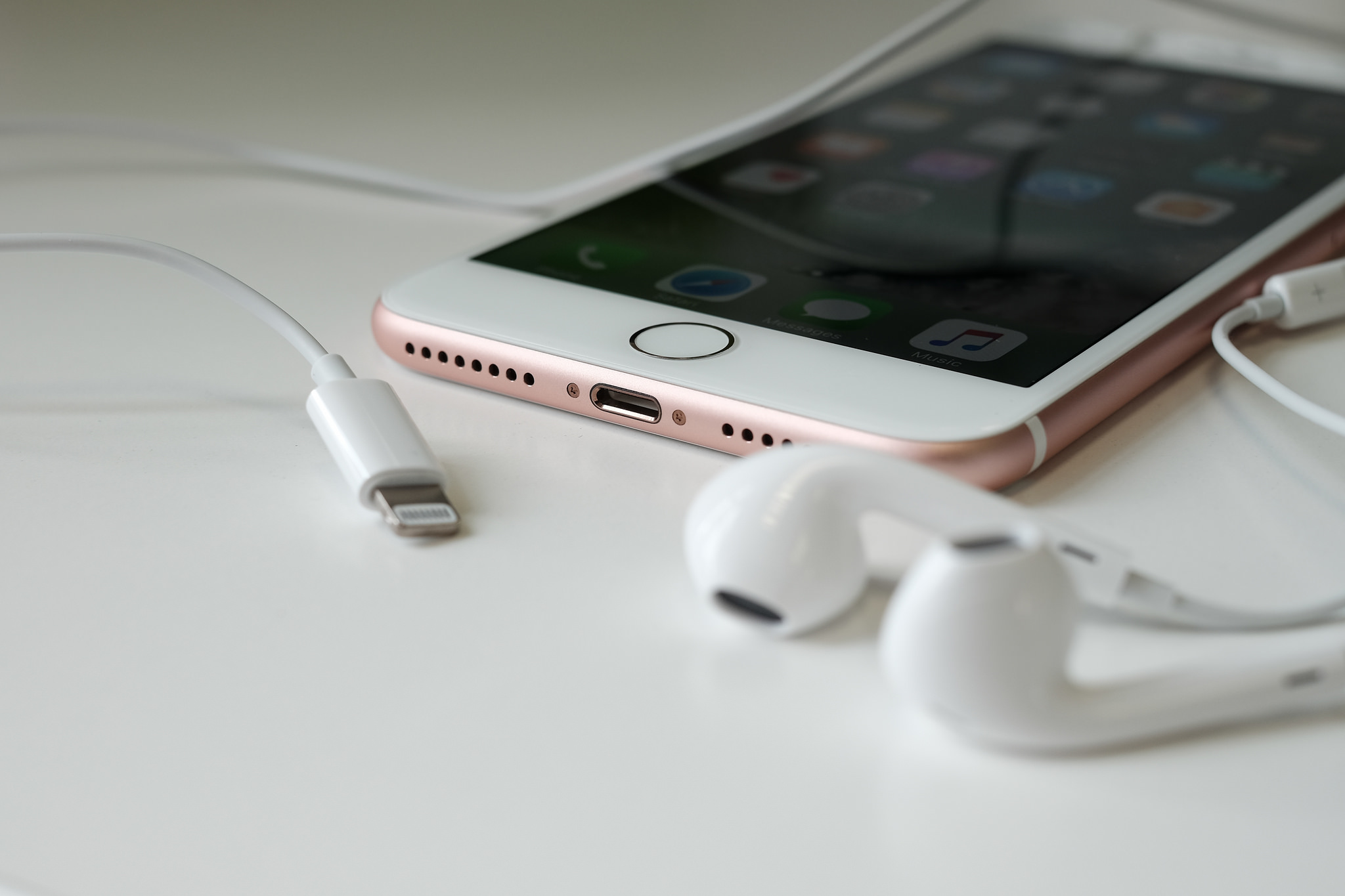

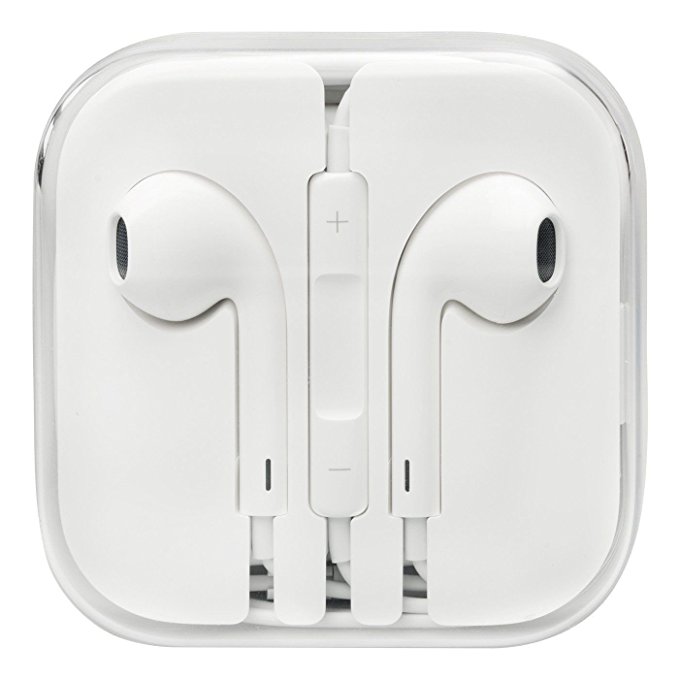
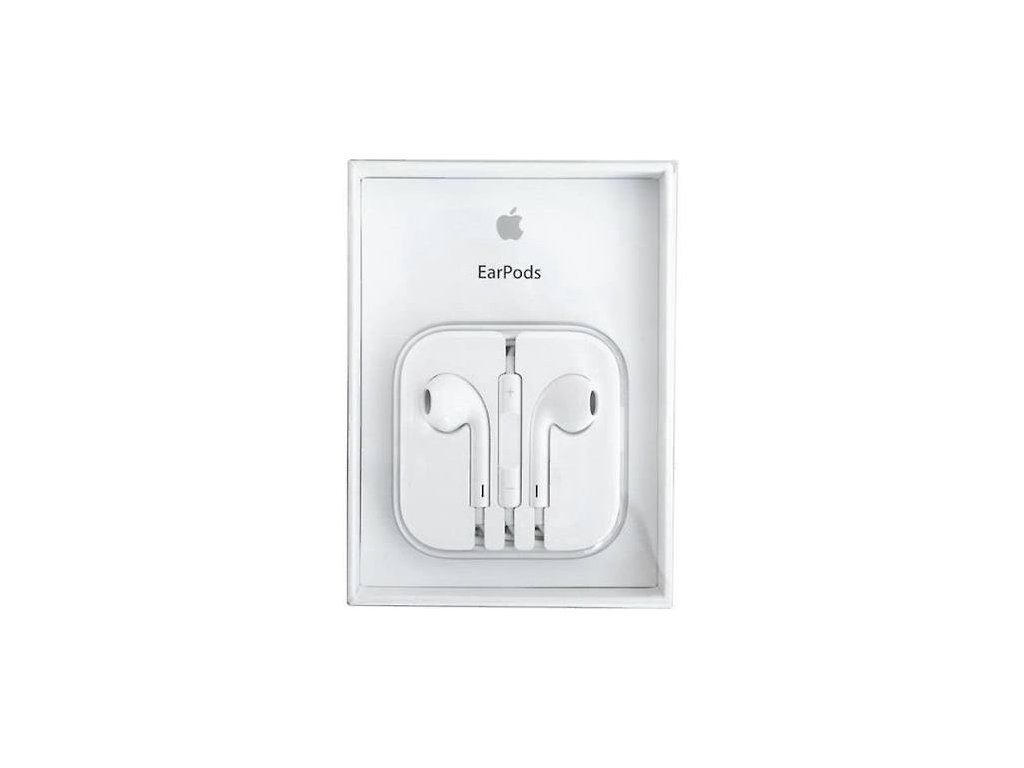

It is written only "order from above", without the pronoun "se"